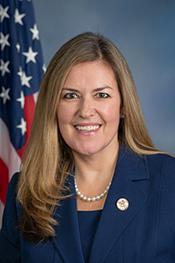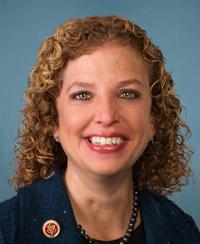0
Black Maternal Health Momnibus Act
1/8/2024, 8:30 PM
Summary of Bill HR 3305
Some of the key provisions of the Black Maternal Health Momnibus Act include expanding access to maternal health care services, improving data collection and research on maternal health outcomes for Black women, increasing funding for community-based organizations that support maternal health, and promoting diversity in the maternal health workforce.
The bill also aims to address social determinants of health that impact maternal health outcomes, such as housing instability, food insecurity, and systemic racism. Additionally, the Black Maternal Health Momnibus Act seeks to improve maternal health outcomes for incarcerated and formerly incarcerated individuals, as well as for LGBTQ+ individuals. Overall, the Black Maternal Health Momnibus Act is a comprehensive piece of legislation that seeks to address the disparities in maternal health outcomes for Black women in the United States through a multi-faceted approach that includes expanding access to care, improving data collection and research, and addressing social determinants of health.
Congressional Summary of HR 3305
Black Maternal Health Momnibus Act
This bill directs multi-agency efforts to improve maternal health with a particular focus on racial and ethnic minority groups, veterans, and other vulnerable populations.
The Department of Health and Human Services (HHS) must address the social determinants of maternal health (i.e., child care, housing, and other nonmedical factors that affect health outcomes). HHS and other departments must also carry out other actions to increase access to maternal health care and otherwise improve maternal health, such as
- growing and diversifying the maternal health workforce;
- establishing various grants and other programs, including ones related to maternal health disparities and maternal behavioral health;
- testing alternative payment models for perinatal care in Medicaid and the Children's Health Insurance Program (CHIP);
- addressing maternal health during public health emergencies; and
- supporting training, technology, and telehealth initiatives.
The bill further provides for
- extended postpartum and breastfeeding eligibility for the Special Supplemental Nutrition Program for Women, Infants, and Children;
- increased research and data collection on maternal health indicators;
- activities to mitigate adverse maternal health outcomes associated with climate change; and
- expanded public education to improve maternal vaccination rates.
The bill also addresses maternal health for incarcerated populations. For example, it (1) requires the Bureau of Prisons and the Department of Justice to establish programs to improve maternity care; and (2) reduces grants for criminal justice activities unless the recipient state or territory has a law to limit the use of restraints during pregnancy for incarcerated populations.





